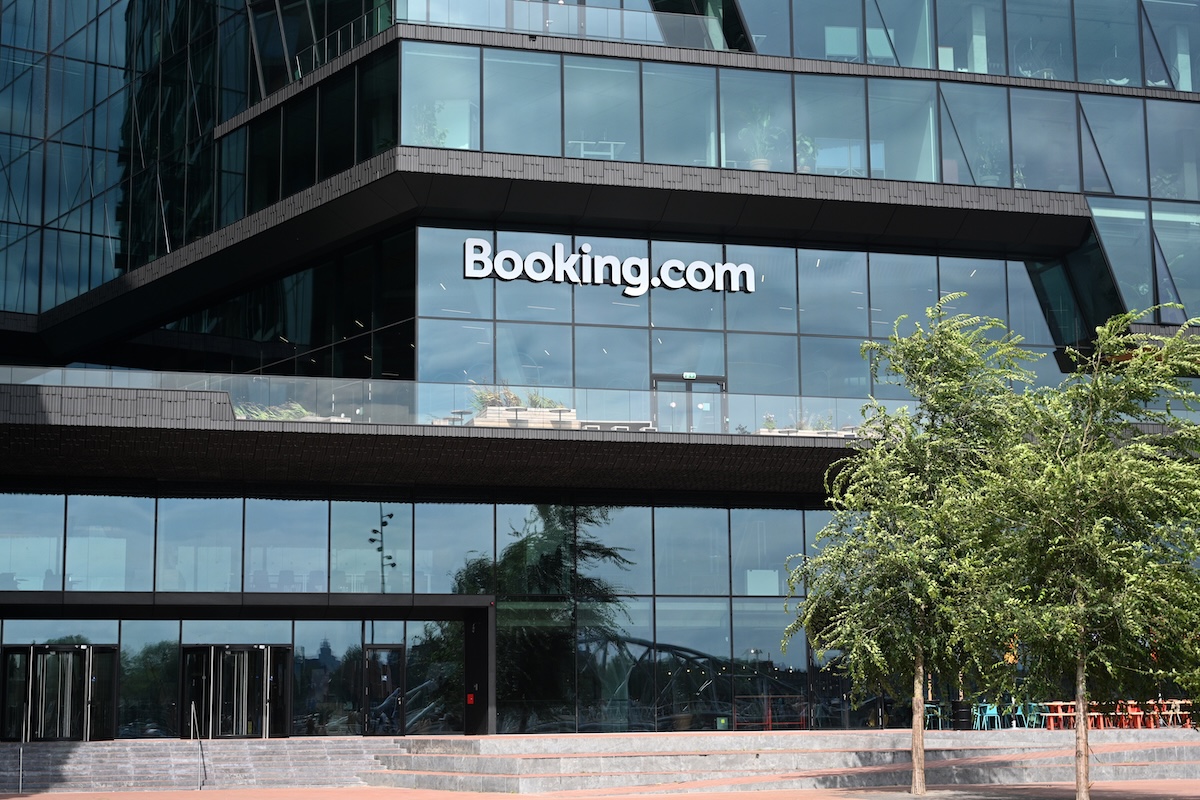Wyndham Hotels CEO Expects to Pursue More Brands Post-Spin

Skift Take
When Wyndham Hotels & Resorts completes its expected spinoff from Wyndham Worldwide by the end of the second quarter, don't expect the newly separated business to stop looking at potential brands to buy.
"Over the last three years, we have averaged one brand acquisition every 18 months, and we have the capability to integrate these brands both quickly and seamlessly, providing owners with more distribution at a lower cost point as we did last year for AmericInn and as we will do this year for La Quinta," said Wyndham Hotel Group CEO Geoff Ballotti during Wyndham Worldwide's first quarter earnings presentation on Wednesday.
While Ballotti assured investors and shareholders that Wyndham Hotels & Resorts would continue to pursue organic growth, especially when it comes to its existing economy and midscale hotel brands, he added there is tremendous opportunity to acquire brands that some may not have even known about. He cited last year's $170 million acquisition of the AmericInn brand as an example.
"There are tremendous amounts of chains out there today that are looking for distribution," Ballotti said. "Many folks have never heard about AmericInn in the heartland of America. And it was so compelling for us that it made sense to pursue them — and we've been pursuing them for a while — and to add them to our family. It's similar to the fit with La Quinta, and we think, from a new construction standpoint, we have a lot of upside to grow as we continue to push our new construction pipeline."
More Background on the Knights Inn Sale
Wyndham executives also gave more details on the company's reasons for selling the economy Knights Inn hotel brand for $27 million to Red Lion Hotels Corporation last month.
"From a strategic perspective, we agreed in April to sell our Knights Inn brand, which we determined was not a core part of our business," Wyndham Worldwide chief financial officer David Wyshner said. "It was the lowest domestic RevPAR [revenue per available room] brand in our portfolio by a considerable margin and was responsible for only 1 percent of our hotel group's performance adjusted EBITDA [earnings before interest, taxes, depreciation and amortization]." Wyshner also noted that the company's overall RevPAR (revenues per available room) would increase by one point as a result of the Knights Inn sale.
Ballotti described Knights Inn as a "deep budget brand, with a domestic RevPAR roughly 50 percent below our lowest economy brand. And a loyalty rate, which is several hundred basis points below."
The company's recent decision to add "by Wyndham" to 12 of its brands and to continue pushing its Wyndham Rewards loyalty program also prompted the company's decision to sell Knights Inn.
"With the change in our by Wyndham naming convention or a push for Wyndham Rewards engagement, we felt that this was a great time to entertain an offer for a brand that does not enjoy the same level of awareness that some of our economy brands do," Ballotti said.
When Wyndham Hotels & Resorts emerges as its own publicly traded company with Ballotti at the helm, don't expect the company to sell off of any of its other 20 brands.
Wyshner said, "We have no plans to dispose of other brands."
As the SpinOff Nears
As parent company Wyndham Worldwide gets that much closer to completing the spinoff and separating into two companies — Wyndham Hotels & Resorts and Wyndham Destinations (combining timeshares and vacation rentals) — it anticipates closing its acquisition of La Quinta and the $1.3 billion sale of its European vacation rentals business to private equity firm Platinum Equity.
Current Wyndham Worldwide CEO Stephen P. Holmes will continue playing a role in both companies as a non-executive chairman for both, post-spinoff.
First Quarter Results
Holmes described the first quarter 2018 earnings for Wyndham Worldwide as "a typical Wyndham quarter, with strong growth across our businesses resulting in double-digit adjusted EBITDA and EPS [earnings per share] growth."
While earnings per share beat estimates, the company's overall net income was down to $81 million compared to $127 million in the first quarter of 2017, impacted by after-tax separation- and spinoff-related costs. Total revenues for the first quarter were $1.2 billion, up 3 percent from the same period last year.
The hotel group's revenue grew 4 percent in the first quarter to $302 million compared to last year's $289 million, driven by higher royalties and franchise fees and the Wyndham Rewards loyalty program.
The company ended the first quarter with a total of 8,300 hotels and approximately 723,000 rooms, with a pipeline of more than 1,100 hotels on the way.
The company's vacation rentals unit saw a 1 percent increase in its revenues for the first quarter to $246 million, and the timeshare business saw its revenues grow 3 percent to $661 million.




